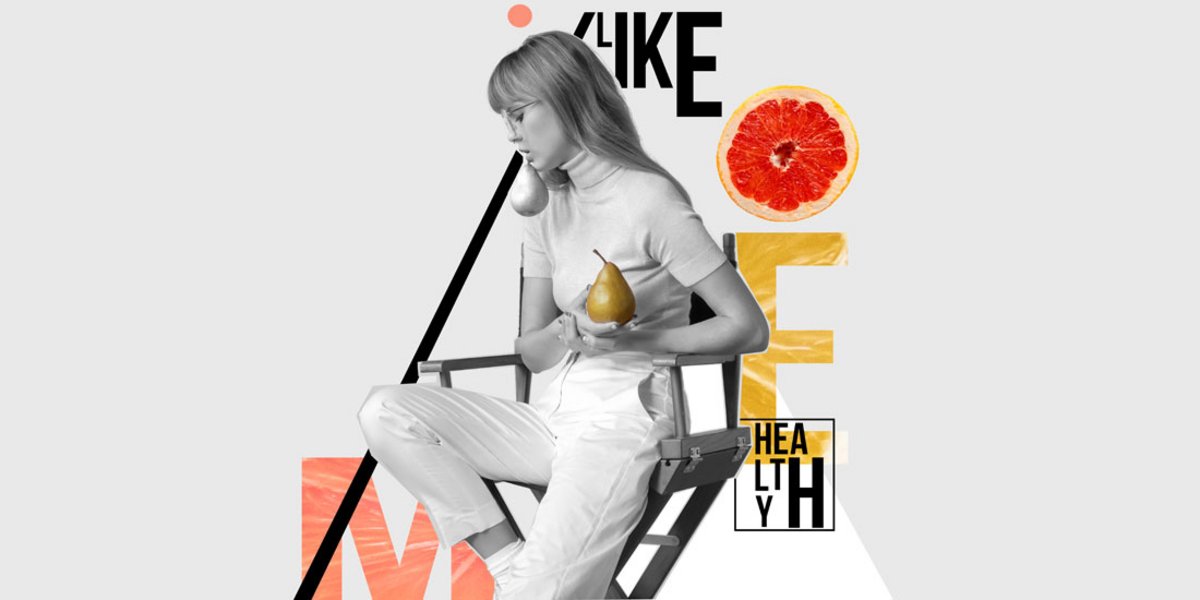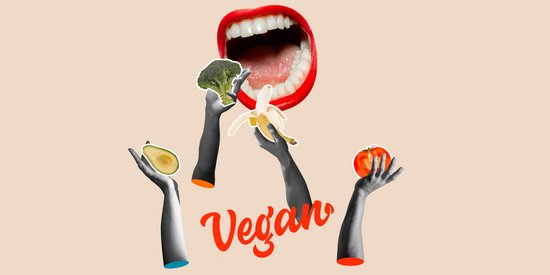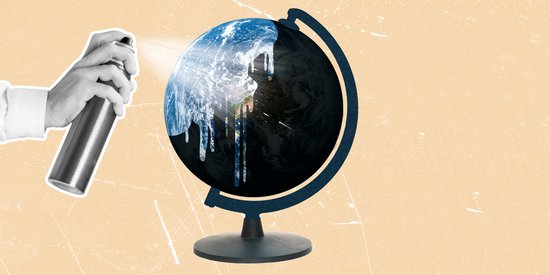Hello ladies, is going organic really better for your health? This is the question we have been asking ourselves regularly for a while now. So as not to write a novel, I will develop this monument for you through different arguments.
ORGANIC and pesticides, an unclear affair
Organic food consumers are less exposed to pesticides than conventional food consumers (i.e. foods produced in abundance by large companies in order to produce products that keep for longer).
However, is it enough to be less exposed to pesticides, for organic to be better for our health? Are pesticides the only factors affecting this question?
Let’s not forget that organic farming is not entirely spared from pesticides. Yes, in many countries, some pesticides are still tolerated, implying that the lower exposure to pesticides is not a sufficient argument to deduce that organic is better for health. You might also think that any pesticides that are used are strictly organic, but no, you would be wrong. The rules vary from country to country, but in the USA, some synthetic pesticides are permitted.
The terrrtory of other factors!
Let's go into the flesh of the subject without fuss! According to scientific studies, eggs and salmon have a higher rate of persistent organic pollutants (called POPs) in organic foods than for conventional foods. One of the POPs found in high doses in certain organic foods is DDT! You know, that toxic insecticide, which is poison for bird embryos and carcinogenic to humans.
Okay, now that's all very well and good, but what are POPs really? Let's not go overboard, they are super toxic to humans and the environment. They persist in the environment and accumulate in our brain, our liver or even in our fat. They cannot be eliminated by our bodies (Bravo for the selfishness of our body! It could at least contribute to our health *Ironic wink*).
Last postillion of revelation! ORGANIC is supposed to be better for health because it includes more nutrients such as vitamins, antioxidants, polyphenols or minerals. Factors affecting the amount of nutrients are: temperature, light, soil, pollution, amount of fertilizer used and the maturity of the crop.
However, organic farming is intensifying due to strong consumer demand. Organic fruits and vegetables sold in supermarkets are then harvested before they ripen, and end up quietly installed in cargo ships bound for our countries claiming to be eco-friendly and ORGANIC for our famous planet Earth! Read more about that in our article Organic, what if we finally told the truth?
It is obvious that this can reduce the amount of nutrients in our organic products, because they are picked too early! So, we cannot certify that because a food is ORGANIC, it really does contain more vitamins, antioxidants etc.
Remember with a smile: Pesticides vs POPs
Organic food does reduce exposure to pesticides, but this argument is not enough to conclude that organic food is better for your health! Some organic foods are more contaminated with POPs!
Let's have a critical mind and do not give absolution to all organic products!
That's all, my dear little lentils!








